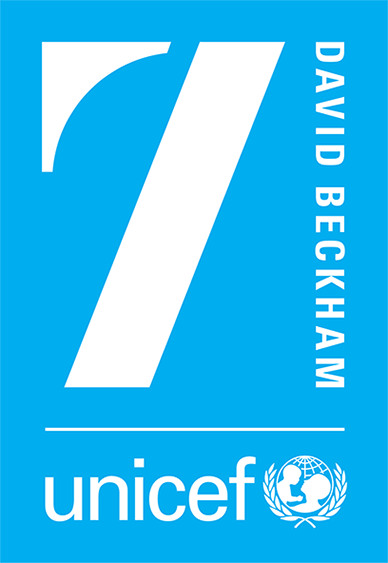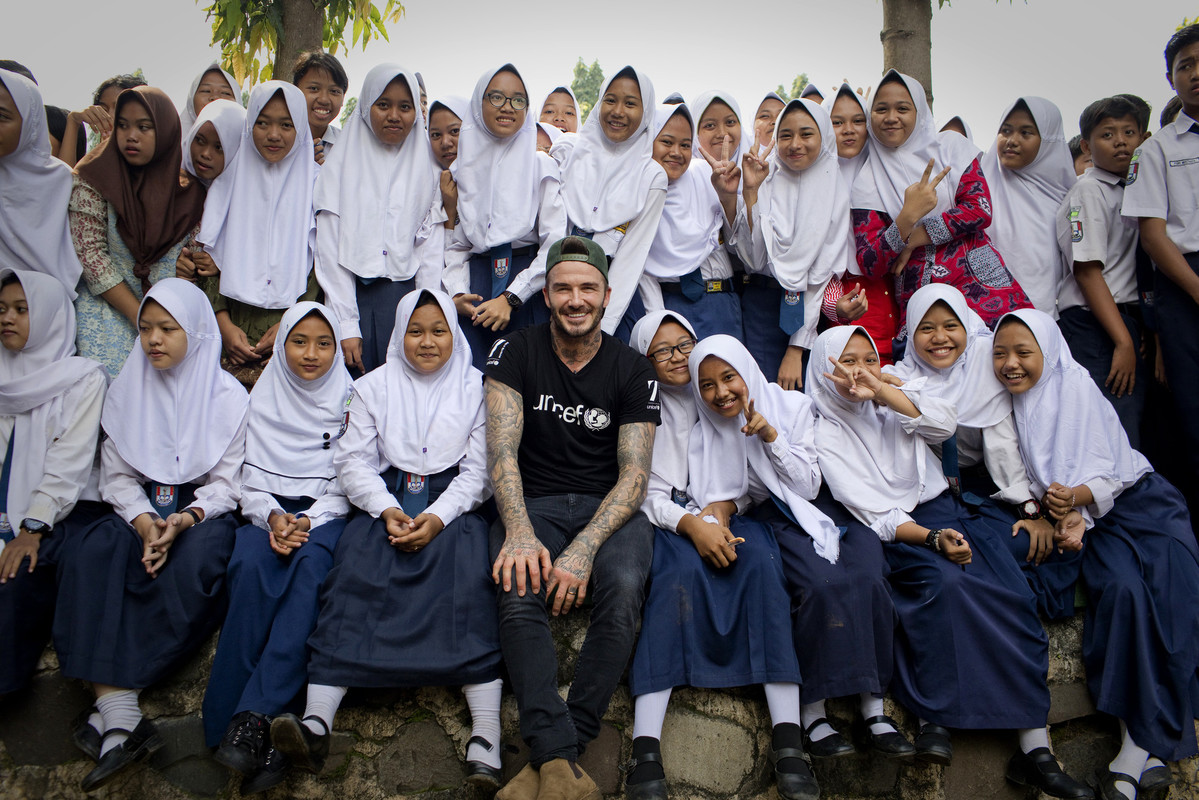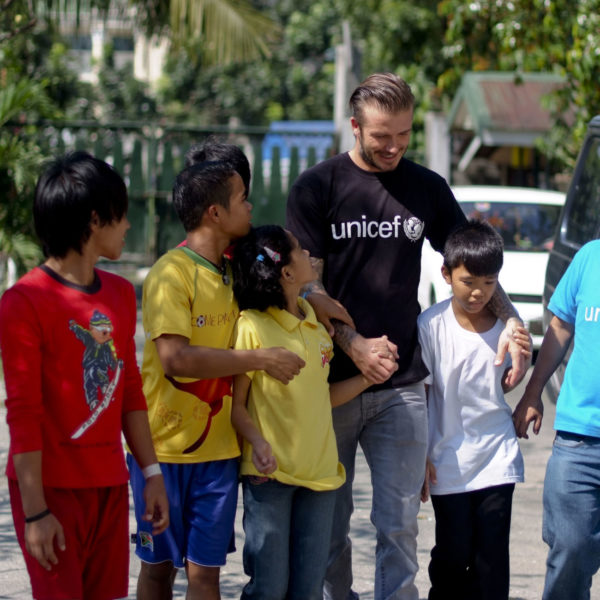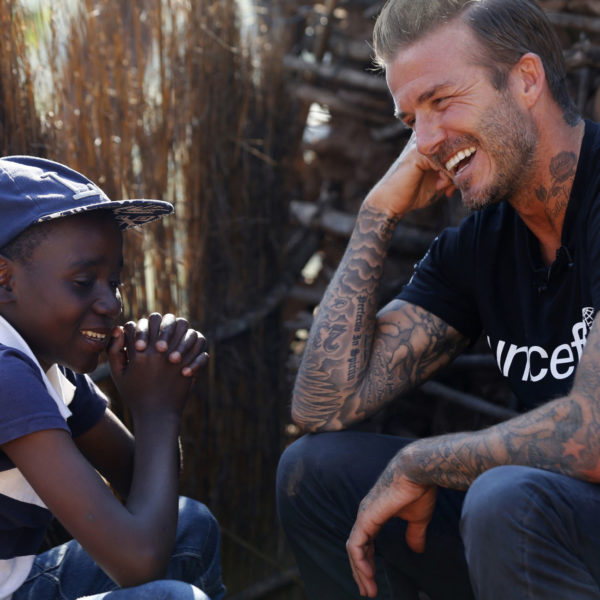We’re on a mission to help children break down barriers and unlock their incredible potential
Our current programmes tackle bullying, violence, child marriage and missed education, and making sure children – especially girls – get a true chance to realise their potential in Indonesia, Nepal, Uganda and El Salvador.
The coronavirus pandemic has hit children hard all over the world and for the most vulnerable, the barriers they face are becoming even harder to overcome. Our projects are more important now than ever.
10,000
girls in Nepal
enrolled in a return to school programme
98,617
adolescents in Indonesia
participated in polls to share their opinions on bullying and mental health
18,667
adolescents in Uganda
are benefiting from a better learning environment and access to services in schools
13,616
children in El Salvador
are safer in their schools and communities
Shining a light on vulnerable children around the world
From Central America to Cambodia, Papua New Guinea to Central & Eastern Europe, 7: The David Beckham UNICEF Fund has shone a light on forgotten and vulnerable children and given them a voice when they would otherwise have gone unheard.
We’ve supplied polio vaccinations, drilled wells and brought clean water to schools and communities. We’ve provided HIV drugs to pregnant mothers and given life-saving food to malnourished children. Here are some of our previous achievements in numbers:




